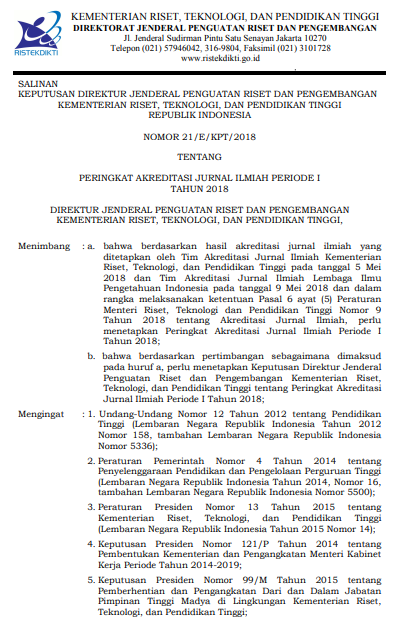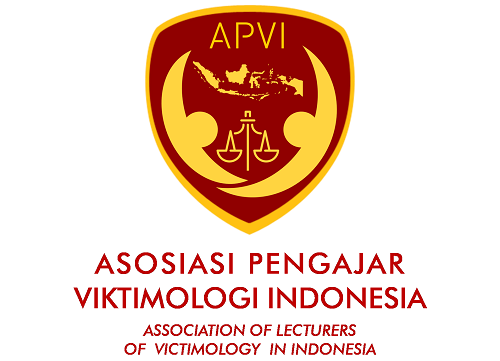Instilling Core Islamic Values in Industrial Relations in Malaysia
Abstract
Instilling religious values in maintaining good industrial relations is a much neglected area of study in industrial jurisprudence. Evidently, trade disputes are usually referred to the Industrial Court whereby resolution of disputes are usually based on the reference of relevant Industrial Court awards, civil court judgments, statutes and best practices for industrial harmony. However, little emphasis has been given to religion as an important tool for resolving conflicts among mankind. Thus, the objective of this study is to identify core Islamic values relevant in maintaining good industrial relations in Malaysia. The trans-disciplinary approach was chosen to correlate core Islamic values in meeting the two different sets of expectations; one of the employer and the other by the employee. The methodology used is legal and content analysis of Industrial Court awards, case laws, relevant statutes and the Qur’an being the primary source of the Shariah. The main finding of the study indicates that core Islamic values such as purity of intentions, contentment, patience and consultation are essential components in enhancing the harmonious relationship between the employer and the employee; apart from gaining spiritual satisfaction. Hence, future studies on religion as an important component of industrial relations law alongside other well-established components, namely economics, sociology and politics.
Keywords- Islam; Industrial Relations law; Malaysia; Religious values
Full Text:
PDF View
References
D’ Cruz, M.N. (2001). A Comprehensive Guide to Industrial Relations in Malaysia. Malaysia: Malayan Law Journal, 1.
Sulaiman, Y. (2014) Ahmad, K., Sbaih, B., & Kamil,N.M. The Perspective of Muslim Employers towards Motivation and Career Success, Journal of Social Sciences and Humanities, p. 45,Vol. 9, No. 1. 045-062.
Aminuddin, M., (2006). Malaysian Industrial Relations and Employment Law. Malaysia: McGrawHill, 2.
Cui, J., Jo, H., & Velasquez, M. G. (2015). The influence of Christian religiosity on managerial decisions concerning the environment. Journal of Business Ethics, 132(1), 203-231.http://dx.doi.org/10.1007/s10551-014-2306-5
Cleveland, M., Laroche, M., & Hallab, R. (2013). Globalization, culture, religion, and values: Comparingconsumption patterns of Lebanese Muslims and Christians. Journal of Business Research, 66(8), 958-967. http://dx.doi.org/10.1016/j.jbusres.2011.12.018
Martin, W. C., & Bateman, C. R. (2014). Consumer religious commitment’s influence on ecocentric attitudes and behavior. Journal of Business Research, 67(2),5-11. http://dx.doi.org/10.1016/j.jbusres.2013.03.006
Jawas, S. (2008). An Islamic perspective of industrial relations: the case of Pakistan. Online at https://mpra.ub.uni-muenchen.de/13684/MPRA Paper No. 13684, posted 28 Feb 2009 12:53 UTC
Ansari, Mohammad Ismail, ardakani, Shaker (2013) Islamic work ethic and organizational commitment among employees Isfahan University of Medical Sciences. Iranian Journal of Medical Ethics and History, period, Issue 2. https://www.google.com/search?q=Ansari%2C+Mohammad+Ismail%2C+ardakani%2C+Shaker+(2013)+Islamic+work+ethic+and+organiz
Sahraei, M., Alipour, O. & Alipour, H. (2016). The effect of Islamic work ethic on organizational commitment of employees’ Tejarat bank branches in Sanandaj. International Journal Of Humanities And Cultural Studies. pp. 1978-1983
Malaysian Industrial Court Award No. : 2 year 2019
Section 5 (2) of the Industrial Relations Act 1967
Section 5 (2) of the Industrial Relations Act 1967
[1996] 3 MLJ 489 (CA)
Malaysia Industrial Court Award 320/1988)
Malaysia Industrial Court Award 226/1984)
(1999) 3 MLJ 411
[2000] 2 I.LR 20
Malaysia Industrial Court Award 117/1982
Malaysian Industrial Court Award No: 371 of 2020.
[2017] 2 ILR 260 at p. 262
[1988] 1 CLJ 133
Section 34 of the Industrial Relations Act 1967
Section 18 of the Industrial Relations Act 1967
Sections 18 and 20 of the Industrial Relations Act 1967
Section 18(5) of the Industrial Relations Act 1967
[1986] 1 ILR 101
[2013] 3 ILR 632
(1999) 3 MLJ 411
[2000] 2 I.LR 20
DOI: http://dx.doi.org/10.20884/1.jdh.2021.21.1.2868
Refbacks
- There are currently no refbacks.
JURNAL DINAMIKA HUKUM Indexed by :
 | Jurnal Dinamika Hukum | |
| Faculty of Law, Universitas Jenderal Soedirman | Copyright of Jurnal Dinamika Hukum | |
| Yustisia IV Building, Law Journal Center | ISSN 2407-6562 (Online) ISSN 1410-0797 (Print) | |
| Purwokerto, Central Java, Indonesia, 53122 | JDH is licensed under a Creative Commons Attribution 4.0 International License | |






